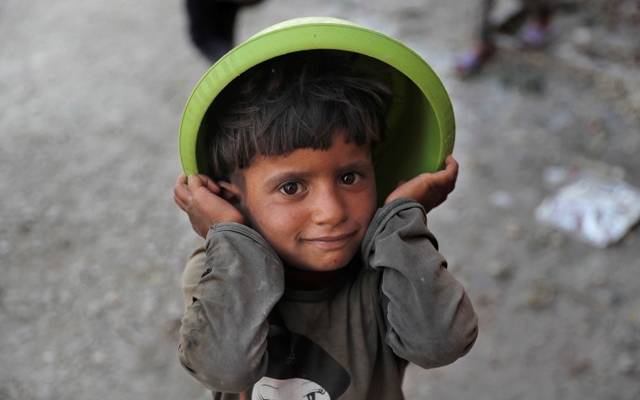The first unit, installed last month, provides fresh drinking water to 500 internally displaced people per day. A second unit will soon be installed.
By Sarah Levi, Israel21c
Israeli company Watergen has provided one of its water-from-air generators to a medical facility in the Syrian city of Raqqa in a collaborative partnership with the Multifaith Alliance for Syrian Refugees (MFA), a humanitarian organization comprised of faith-based and secular supporters aimed at supplying aid to Syrian refugees.
The ongoing civil war in Syria has left some four million Syrians internally displaced in the country’s northern region where they lack access to clean drinking water, electricity, healthcare and education.
According to a UN Security Council report, “people in Syria’s north and northeastern regions remain unable to reliably access sufficient supplies of safe water for reasons both environmental and man-made.”
Raqqa, a former ISIS stronghold, has suffered severe infrastructure damage from Syria’s civil war, along with severe weather conditions that have left the city in need of a sufficient supply of clean drinking water.
Watergen, based in Petah Tikva, manufactures atmospheric water generators that produce clean, fresh drinking water from the moisture in the air without having to connect to a water source. The generators use a standard connection to electricity or solar panels and can produce up to 6,000 liters of drinking water per day.
The generator in Syria is powered by solar energy and was the first of several installed in Raqqa’s medical facility.
According to MFA Executive Director Shafi Martini, “The first unit, installed last month, has been providing fresh drinking water to 500 internally displaced people per day. A second Watergen generator will soon be installed in another area medical facility, and MFA plans to set up additional units in hospitals and schools throughout northern Syria.”
While Israel does not have diplomatic ties with Syria, Watergen President and CEO Michael Mirilashvili said, “Throughout history, conflicts have often been centered around controlling water sources. Today we are doing the opposite: building peace and a common future around a groundbreaking Israeli technology.”
